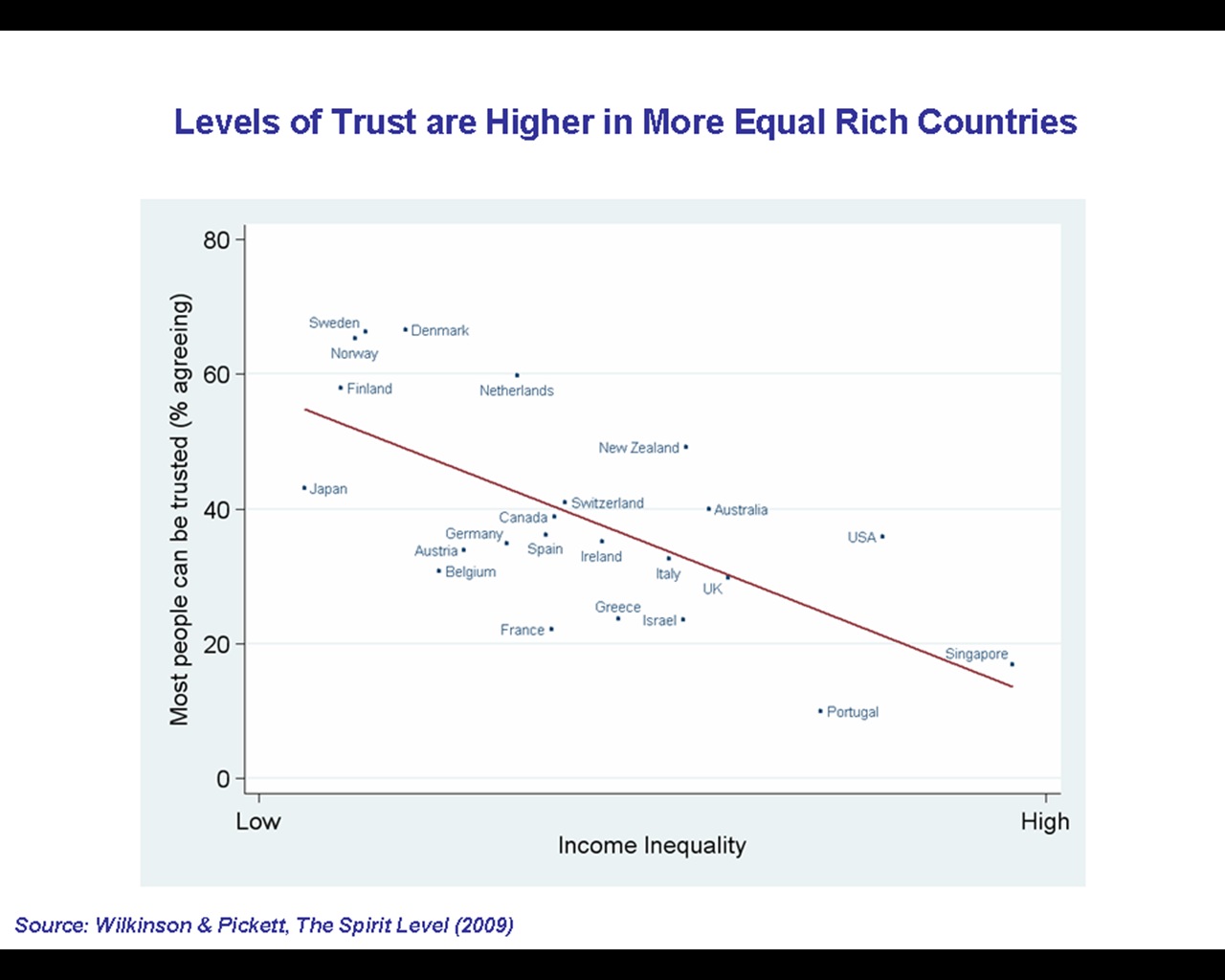|
Mindguard
In groupthink theory, a mindguard is a member of a group who serves as an informational filter, providing limited information to the group and, consciously or subconsciously, utilizing a variety of strategies to control dissent and to direct the decision-making process toward a specific, limited range of possibilities. The presence of mindguards within a group is one of eight main "symptoms" of groupthink identified by its original theorist, Irving Janis. Mindguards can be self-appointed, and multiple mindguards are frequently present in groupthink situations. The techniques utilized, consciously or subconsciously, by mindguards include: * time pressure in regard to decision-making * bandwagon effect/ information cascades * reframing situations to increase pressure toward or away from a specific outcome * creating a sense that group cohesion will suffer if unanimity is lacking * other techniques Mindguards exist in a variety of group settings. They are not always easy to identify ... [...More Info...] [...Related Items...] OR: [Wikipedia] [Google] [Baidu] |
Gatekeeping (communication)
Gatekeeping is the process through which information is filtered for dissemination, whether for publication, broadcasting, the internet, or some other mode of communication. The academic theory of gatekeeping may be found in multiple fields of study, including communication studies, journalism, political science, and sociology. Gatekeeping originally focused on the mass media with its few-to-many dynamic. Currently, the gatekeeping theory also addresses face-to-face communication and the many-to-many dynamic inherent on the Internet. Social psychologist Kurt Lewin first instituted Gatekeeping theory in 1943. Gatekeeping occurs at all levels of the media structure—from a reporter deciding which sources are presented in a headline story to editors choosing which stories are printed or covered. Including, but not limited to, media outlet owners and advertisers. Definition Gatekeeping is a process by which information is filtered to the public by the media. According to Pamela Sho ... [...More Info...] [...Related Items...] OR: [Wikipedia] [Google] [Baidu] |
Groupthink
Groupthink is a psychological phenomenon that occurs within a group of people in which the desire for harmony or conformity in the group results in an irrational or dysfunctional decision-making outcome. Cohesiveness, or the desire for cohesiveness, in a group may produce a tendency among its members to agree at all costs. This causes the group to minimize conflict and reach a consensus decision without critical evaluation. Groupthink is a construct of social psychology, but has an extensive reach and influences literature in the fields of communication studies, political science, management, and organizational theory, as well as important aspects of deviant religious cult behaviour. Overview Groupthink is sometimes stated to occur (more broadly) within natural groups within the community, for example to explain the lifelong different mindsets of those with differing political views (such as "conservatism" and "liberalism" in the U.S. political context or the purported benefits ... [...More Info...] [...Related Items...] OR: [Wikipedia] [Google] [Baidu] |
Financial Post
The ''Financial Post'' was an English Canadian business newspaper, which published from 1907 to 1998. In 1998, the publication was folded into the new ''National Post'',"Black says Post to merge with new paper". ''The Globe and Mail'', July 23, 1998. although the name ''Financial Post'' has been retained as the banner for that paper's business section and also lives on in the ''Post''s monthly business magazine, ''Financial Post Business''. The ''Financial Post'' started publication in 1907 by John Bayne Maclean."Publishing Inc. on the move". ''The Globe and Mail, April 9, 1983. It was a weekly publication, and one of the core assets of Maclean's media business, which eventually became Maclean-Hunter. The paper was purchased by Sun Media in 1987, and expanded into a daily tabloid on February 1, 1988, and added home delivery newspaper in 1990, with a reformatted ''Financial Post Magazine'' following shortly after. In 1998, Sun Media sold the ''Financial Post'' to Hollinger, whos ... [...More Info...] [...Related Items...] OR: [Wikipedia] [Google] [Baidu] |
Irving Janis
Irving Lester Janis (May 26, 1918 – November 15, 1990) was an American research psychologist at Yale University and a professor emeritus at the University of California, Berkeley most famous for his theory of "groupthink" which described the systematic errors made by groups when making collective decisions. A ''Review of General Psychology'' survey, published in 2002, ranked Janis as the 79th most cited psychologist of the 20th century. Early years Irving Janis was born on May 26, 1918, in Buffalo, New York. He received a bachelor of science degree from the University of Chicago in 1939, then received a doctorate from Columbia University. Career During the Second World War, Janis was drafted into the U.S. Army, where he carried out studies of military morale. In 1947, Janis became a faculty member of the Yale University Psychology Department, where he remained for nearly forty years. He collaborated with Carl Hovland on his studies of attitude change, including the sle ... [...More Info...] [...Related Items...] OR: [Wikipedia] [Google] [Baidu] |
Bandwagon Effect
The bandwagon effect is the tendency for people to adopt certain behaviors, styles, or attitudes simply because others are doing so. More specifically, it is a cognitive bias by which public opinion or behaviours can alter due to particular actions and beliefs rallying amongst the public. It is a psychological phenomenon whereby the rate of uptake of beliefs, ideas, fads and trends increases with respect to the proportion of others who have already done so. As more people come to believe in something, others also "hop on the bandwagon" regardless of the underlying evidence. Following others' actions or beliefs can occur because of conformism or deriving information from others. Much of the influence of the bandwagon effect comes from the desire to 'fit in' with peers; by making similar selections as other people, this is seen as a way to gain access to a particular social group. An example of this is fashion trends wherein the increasing popularity of a certain garment or style ... [...More Info...] [...Related Items...] OR: [Wikipedia] [Google] [Baidu] |
Information Cascade
An Information cascade or informational cascade is a phenomenon described in behavioral economics and network theory in which a number of people make the same decision in a sequential fashion. It is similar to, but distinct from herd behavior. An information cascade is generally accepted as a two-step process. For a cascade to begin an individual must encounter a scenario with a decision, typically a binary one. Second, outside factors can influence this decision (typically, through the observation of actions and their outcomes of other individuals in similar scenarios). The two-step process of an informational cascade can be broken down into five basic components: # There is a decision to be made – for example; whether to adopt a new technology, wear a new style of clothing, eat in a new restaurant, or support a particular political position # A limited action space exists (e.g. an adopt/reject decision) # People make the decision sequentially, and each person can observe t ... [...More Info...] [...Related Items...] OR: [Wikipedia] [Google] [Baidu] |
Group Cohesion
Group cohesiveness (also called group cohesion and social cohesion) arises when bonds link members of a social group to one another and to the group as a whole. Although cohesion is a multi-faceted process, it can be broken down into four main components: social relations, task relations, perceived unity, and emotions. Members of strongly cohesive groups are more inclined to participate readily and to stay with the group. Definition From Neo-Latin and French , in physics, cohesion means "the force that unites the molecules of a liquid or of a solid". Thereby, there are different ways to define group cohesion, depending on how researchers conceptualize this concept. However, most researchers define cohesion to be task commitment and interpersonal attraction to the group. Cohesion can be more specifically defined as the tendency for a group to be in unity while working towards a goal or to satisfy the emotional needs of its members. This definition includes important aspects of c ... [...More Info...] [...Related Items...] OR: [Wikipedia] [Google] [Baidu] |



